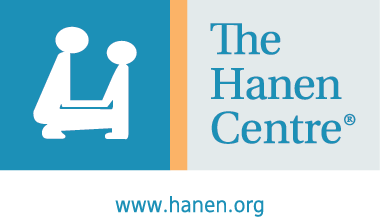NJ STEPS Speech Therapy Programs
NJ STEPS Special Programs
List of Services
-
Social Language GroupsList Item 2
Social skills programs designed to develop socialization among peers, understand empathy and perspective taking and learn to navigate through social challenges.
-
Natural Language Acquisition
This is a model of language acquisition where a child acquires gestalts as their initial units of language, which they then can learn to break down (“mitigate”) later. An idea summed up as the “large-to-small” route to developing productive grammar.
-
Social Minds
A 6-week program for K-1st graders that focuses on social-skills and emotional-behavioral skills through literature, music, games, and art. Created and facilitated by Anna Chianese, M.A. Behavior Analysts, and Owner Of Everyday Milestones.
-
Cook and ChatList Item 1
An exciting program for children to learn cooking skills while working on their speech with peers.
-
Summer SocialList Item 3
A 4-week-program for grades 4th-7th that focuses on peer and adult conversation skills, topic maintenance, empathy and perspective taking, the art of making friends and executive function skills, all while having a great time in a small group setting.
-
Stories and Smile Yoga
Theme based yoga class that teaches children to honor their bodies and minds. The goal is to help children learn techniques to manage anxiety and build confidence.
It Takes Two to Talk® — The Hanen Program® for Parents of Children with Language Delays
- Parent education- parents learn some essential concepts of expressive and receptive language development and functional use
- Early language intervention- parents learn how to incorporate a variety of strategies in a natural setting to facilitate language.
- Social support - parents and facilitators provide each other with support, experience, ideas and true empathy through the journey.
What is the Interactive Metronome?
Who Can Benefit?
- SPD/SI
- ADHD
- Dyslexia
- Stuttering
- Autism
- Aspergers
- CAPD
- CP




